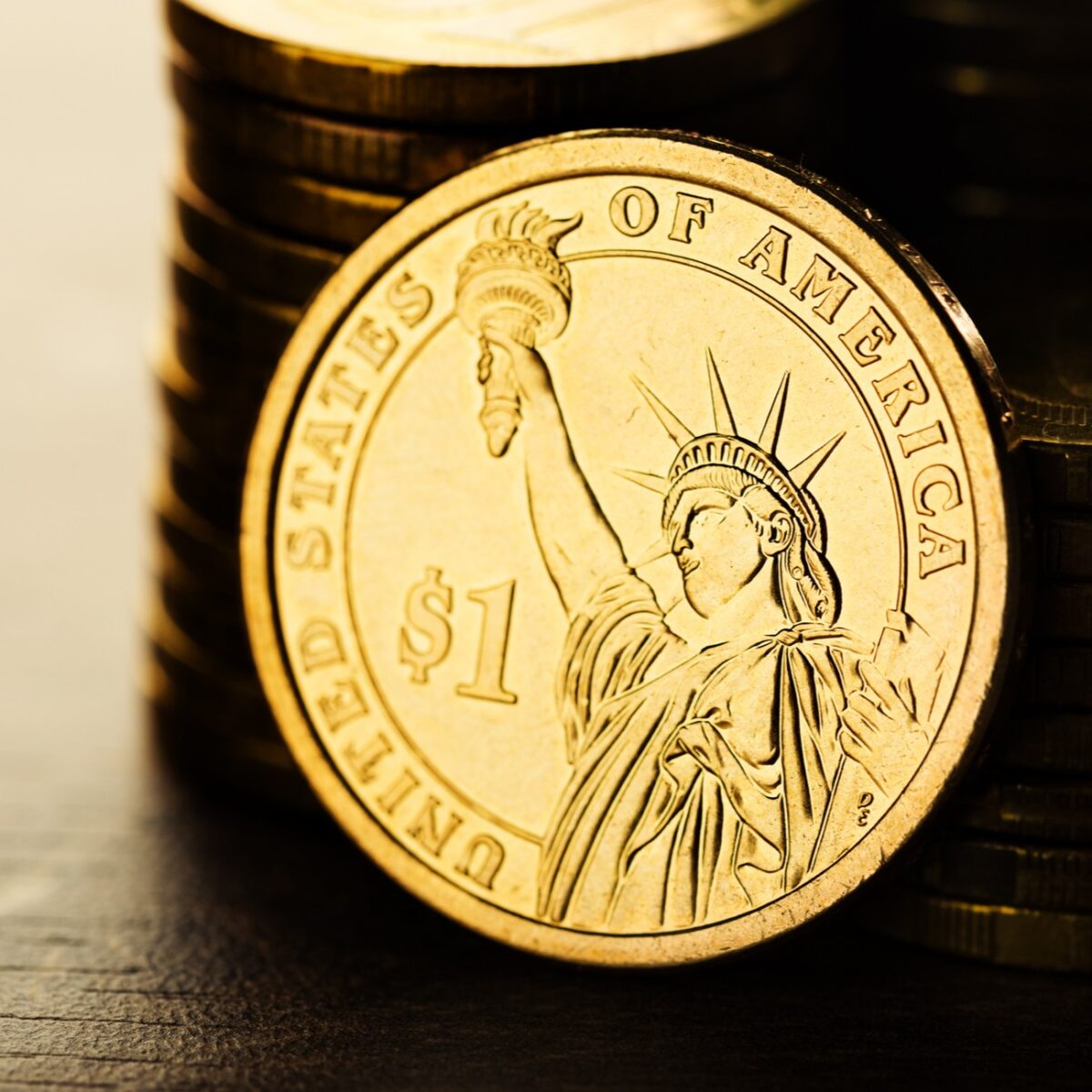PALO ALTO, Calif. (Reuters) - The Federal Reserve is taking a look at a broad variety of issues around digital payments and currencies, consisting of policy, design and legal factors to consider around possibly providing its own digital currency, Guv Lael Brainard said on Wednesday. Brainard's remarks recommend more openness to the possibility of a Fed-issued digital coin than in the past." By changing payments, digitalization has the potential to deliver higher worth and convenience at lower cost," Brainard stated at a conference on payments at the Stanford Graduate School of Organization.
Reserve banks internationally are discussing how to manage digital financing innovation and the dispersed ledger systems used by bitcoin, which promises near-instantaneous payment at potentially low expense. The Fed is establishing its own round-the-clock real-time payments and settlement service and is presently reviewing 200 comment letters submitted late last year about the suggested service's design and scope, Brainard stated.
Less than two years ago Brainard told a conference in San Francisco that there is "no compelling showed need" for such a coin. However that was prior to the scope of Facebook's digital currency ambitions were extensively understood. Fed officials, including Brainard, have actually raised concerns about customer securities and data and personal privacy risks that could be positioned by a currency that could enter into use by the 3rd of the world's population that have Facebook accounts.
" We are teaming up with other reserve banks as we advance our understanding of main bank digital currencies," she stated. With more nations checking out providing their own digital currencies, Brainard stated, that contributes to "a set of reasons to likewise be making certain that we are that frontier of both research and policy development." In the United States, Brainard said, problems that require study consist of whether a digital currency would make the payments system much safer or simpler, and whether it might posture financial stability dangers, including the possibility of bank runs if money can be turned "with a single swipe" into the reserve bank's digital currency.
To counter the financial damage from America's unprecedented national lockdown, the Federal Reserve has taken unprecedented actions, consisting of flooding the economy with dollars and investing straight in the economy. The majority of these moves received grudging approval even from lots of Fed skeptics, as they saw this stimulus as needed Website link and something just the Fed could do.

My new CEI report, "Government-Run Payment Systems Are Unsafe at Any Speed: The Case Against Fedcoin and FedNow," details the risks of the Fed's existing prepare for its FedNow real-time payment system, and propositions for central bank-issued cryptocurrency that have actually been dubbed Fedcoin or the "digital dollar." In my report, I talk about concerns about personal privacy, data security, currency manipulation, and crowding out private-sector competitors and innovation.
Supporters of FedNow and Fedcoin state the government should produce a system for payments to deposit immediately, rather than encourage such systems in the economic sector by lifting regulatory barriers. However as noted in the paper, the economic sector is supplying a relatively endless supply of payment innovations and digital currencies to resolve the problemto the level it is a problemof the time space in between when a payment is sent out and when it is received in a savings account.
And the examples of private-sector innovation in this area are lots of. The Clearing House, a bank-held cooperative that has actually been routing interbank payments in various kinds for more than 150 years, has been clearing real-time payments given that 2017. By the end of 2018 it was covering 50 percent of the deposit base in the U.S.